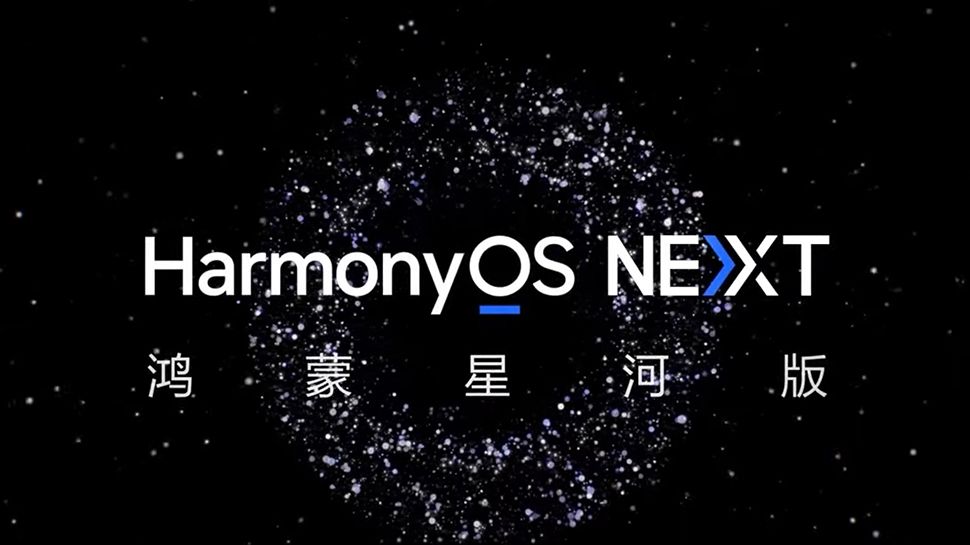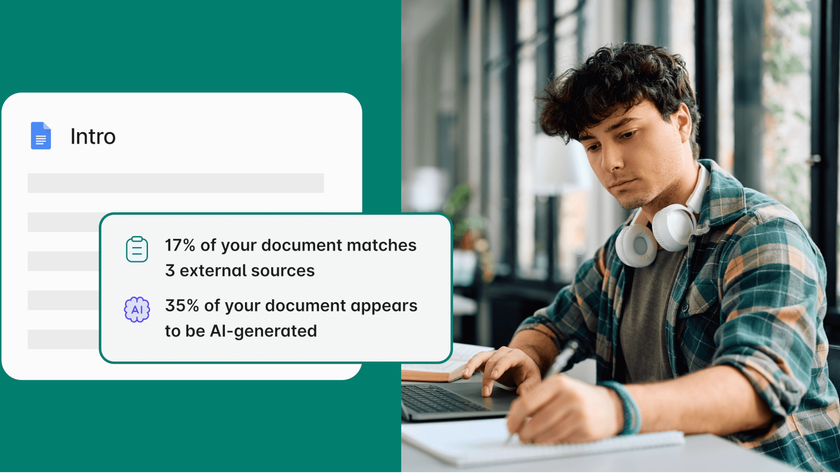Huawei succeeds where Microsoft failed miserably — HarmonyOS now on almost one billion devices, and China's largest mobile phone manufacturer has completely eliminated Android
HarmonyOS Next looks set to really shake things up

While Microsoft's venture into the smartphone operating system market ultimately ended in failure, Huawei’s HarmonyOS has proven to be a huge success and a genuine rival to Android and iOS, at least in its home nation.
The operating system is found on over 900 million devices in China, and growing rapidly. It currently relies on Android, but Huawei has taken steps to change that.
At its HDC 2023, Huawei unveiled HarmonyOS Next, or Hongmeng as it’s known in China, the latest iteration of its operating system. This new version marks a significant departure from its Android-based EMUI, used globally, and is a completely independent platform.
Now at HDC 2024, Yu Chengdong, chairman of Huawei's consumer business group (which encompasses smartphones, PCs, and IoT devices), revealed that the “pure-blooded” OS is now undergoing beta testing.
Harmony Intelligence
Up to 3,000 volunteers in China will test HarmonyOS Next across a range of Huawei smartphones, and it’s expected that the operating system will roll out officially to users towards the end of the year.
HarmonyOS Next replaces the Linux kernel and Android Open Source Project (AOSP) components with Huawei’s own architecture. The Chinese firm claims system performance is boosted by 30% and power consumption reduced by 20%.
In removing its reliance on Android, HarmonyOS Next won’t be able to run apps made for Google’s OS, and Huawei is working to plug any gaps in its ecosystem. There are currently 4,000 native apps already available for HarmonyOS Next, developed by over 200 industry partners.
Are you a pro? Subscribe to our newsletter
Sign up to the TechRadar Pro newsletter to get all the top news, opinion, features and guidance your business needs to succeed!
While HarmonyOS Next will undoubtedly have a big impact on Android’s presence in China, it will also allow Huawei to steal more market share from Apple there. The new OS promises a number of innovations, including AI features in the form of Harmony Intelligence (sounds familiar), Star Shield Security to boost user privacy and data protection, and Full-Scenario which lets users launch an app on one Huawei device and continue on another without interruption.
More from TechRadar Pro

Wayne Williams is a freelancer writing news for TechRadar Pro. He has been writing about computers, technology, and the web for 30 years. In that time he wrote for most of the UK’s PC magazines, and launched, edited and published a number of them too.
Most Popular






